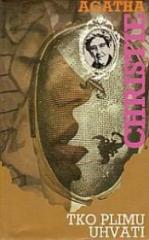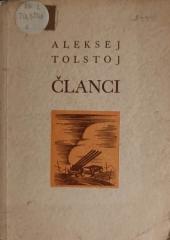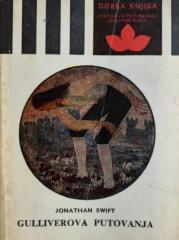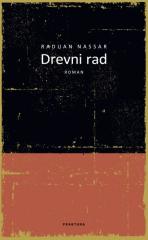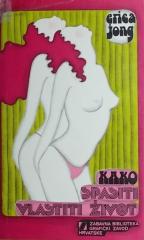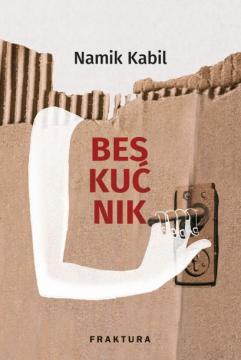
Beskućnik
In the autobiographical novel Beskućnik Namik Kabil asks a universal and intimate question, where is our home - in Trebinje, Munich, Sarajevo or where we like to return?
In the novel Beskućnik Namik Kabil deals with the seemingly simple question of where our house is. Where is our home? Is it where we live or where we like to return; is it the house that we ourselves chose to live in or the one in which we grew up and which, in addition to memories, also carries the burden of emptiness that remains behind those who have left irretrievably? This very house of the author, which reminds us of final departures with every arrival, becomes the main character in this novel, which escapes both sale and demolition, and the new life intended for it by the heirs, and in this way it grows into a story, into a novel, bringing to saw the fragility of all our identities.
Namik Kabil, who says that he is braver in literature than in life, uses this courage to write powerful prose in Beskućnik not only about all our houses and moves, but also about universal issues of family relationships, love, losses, war and life migrations that the sense of belonging always put to the test again and again.
No copies available
The last copy was sold recently.
